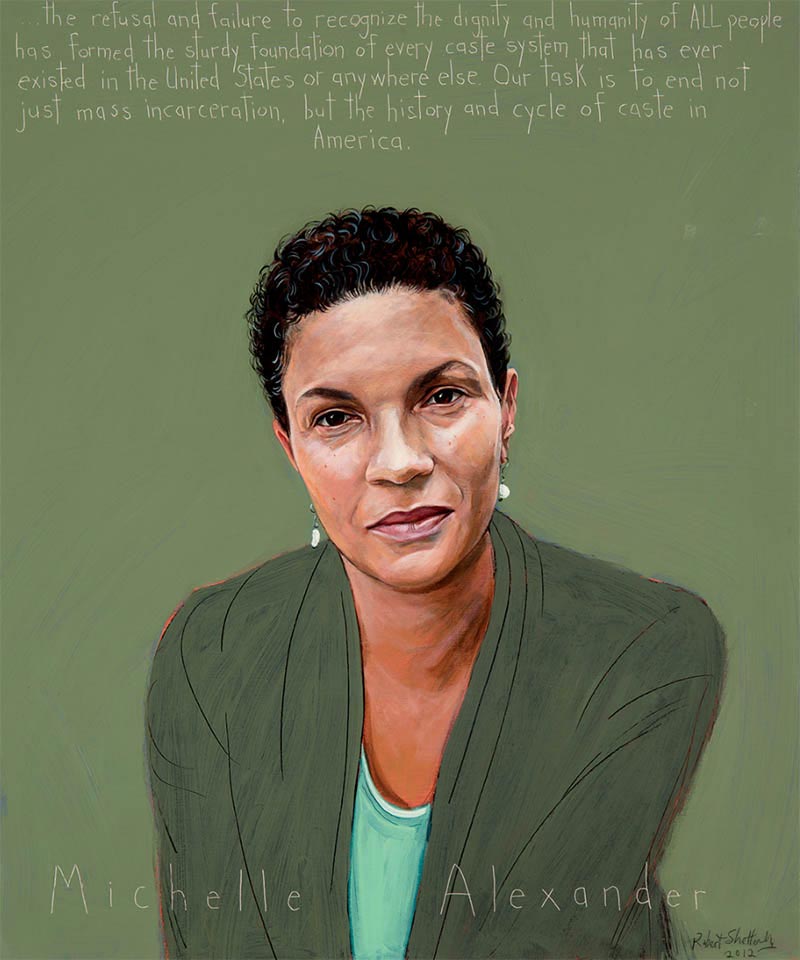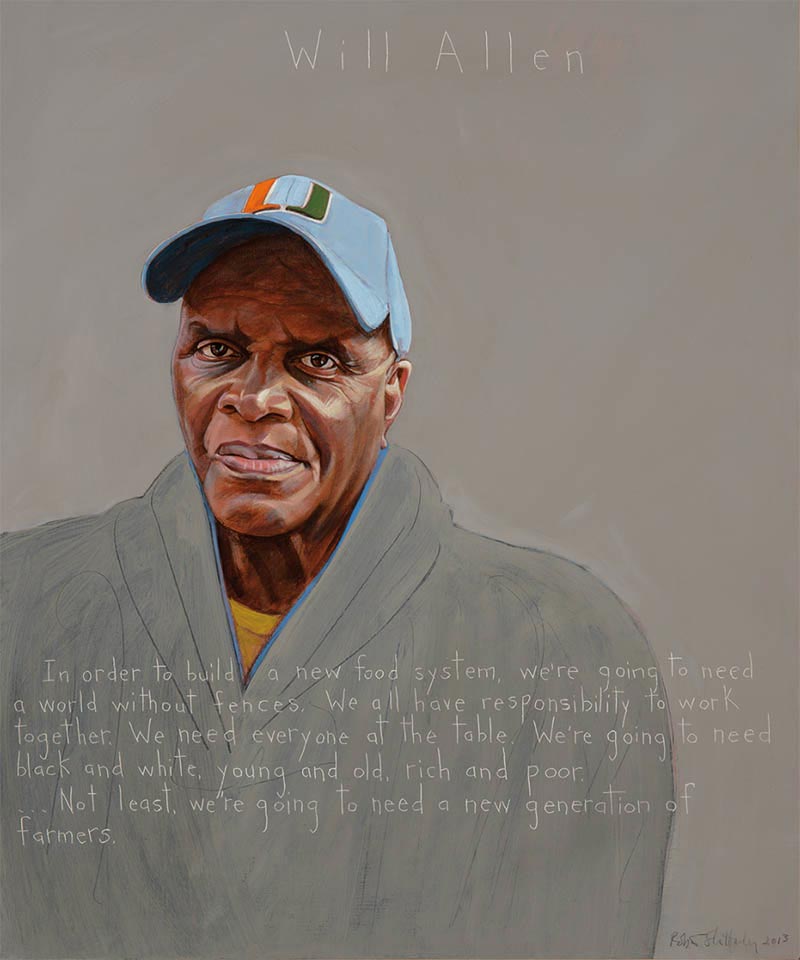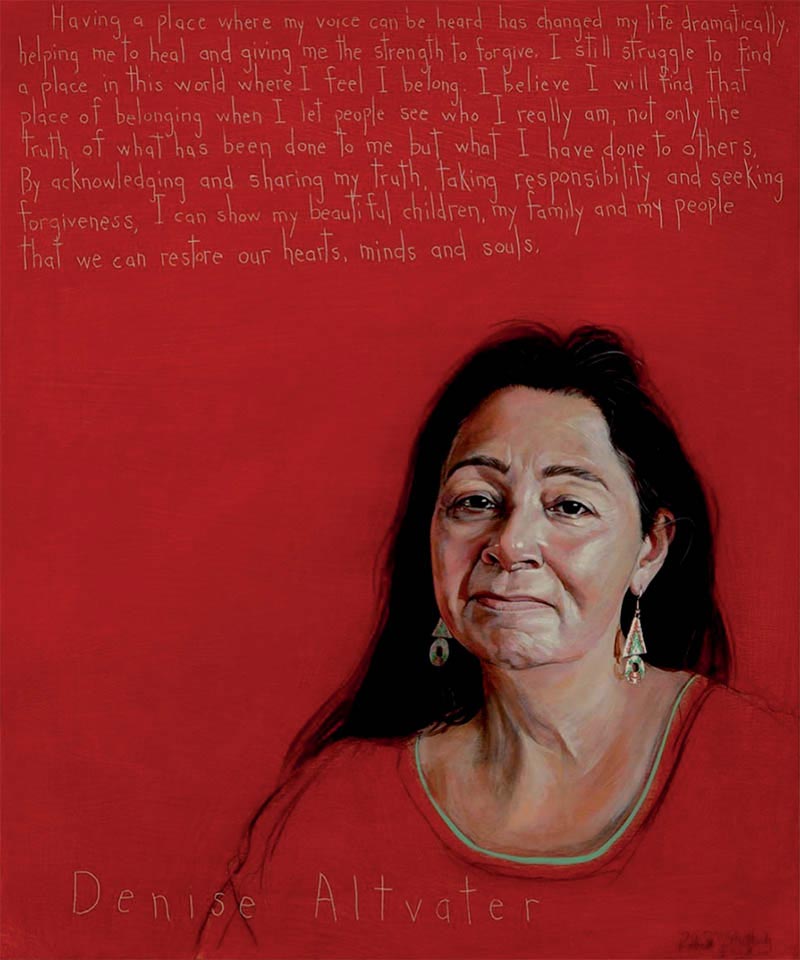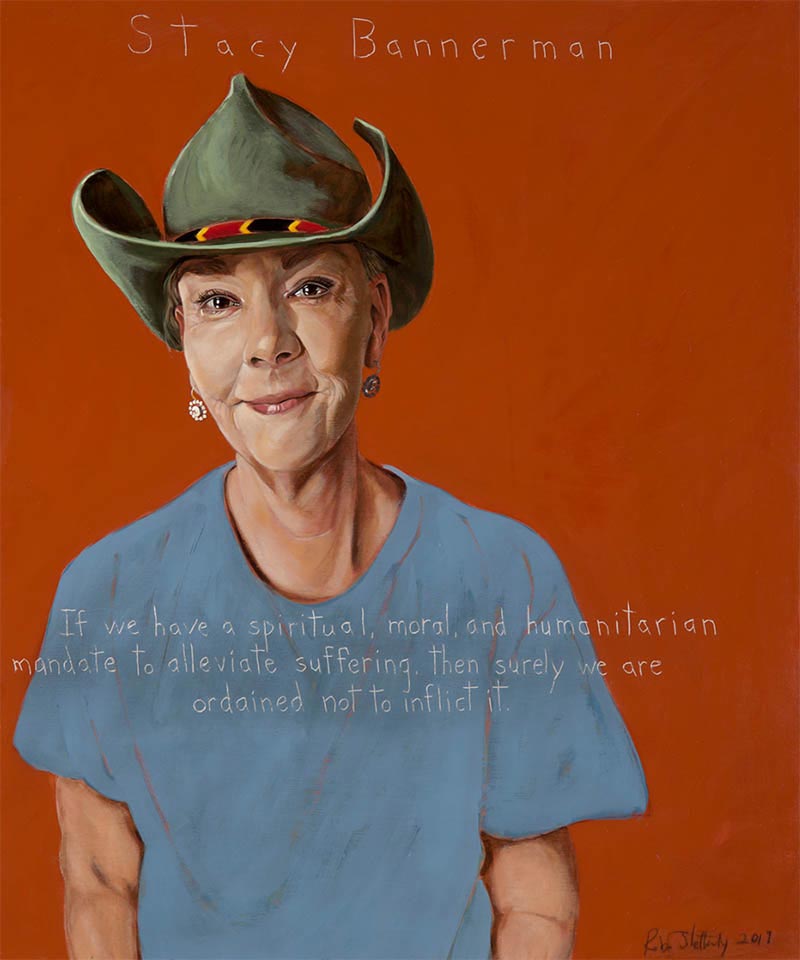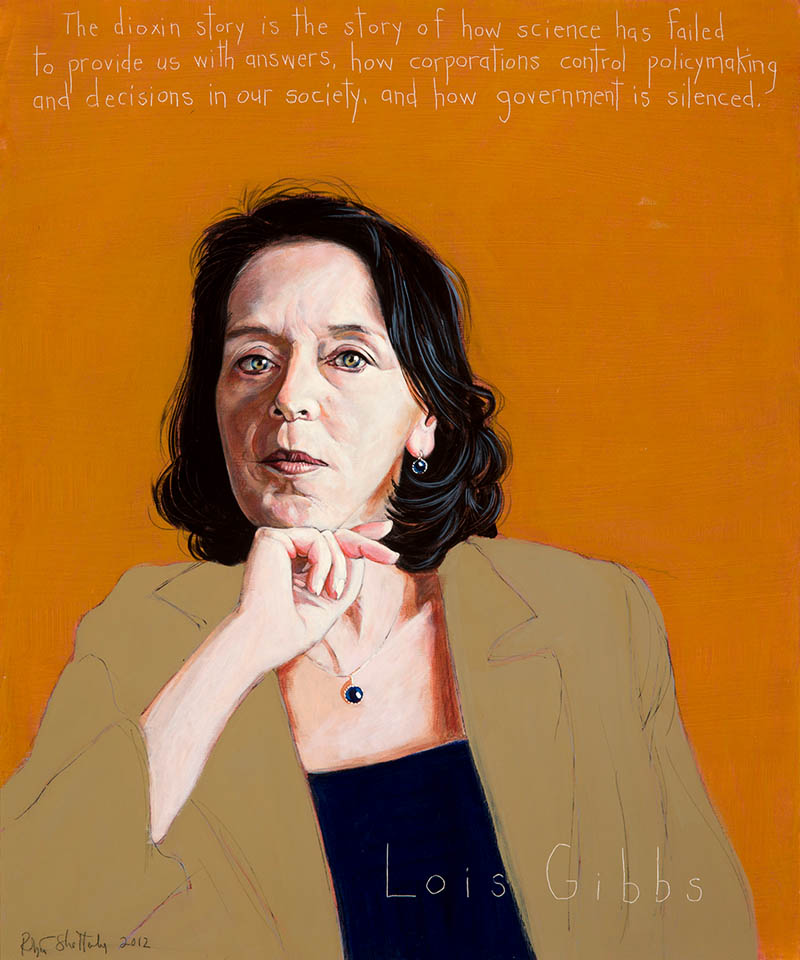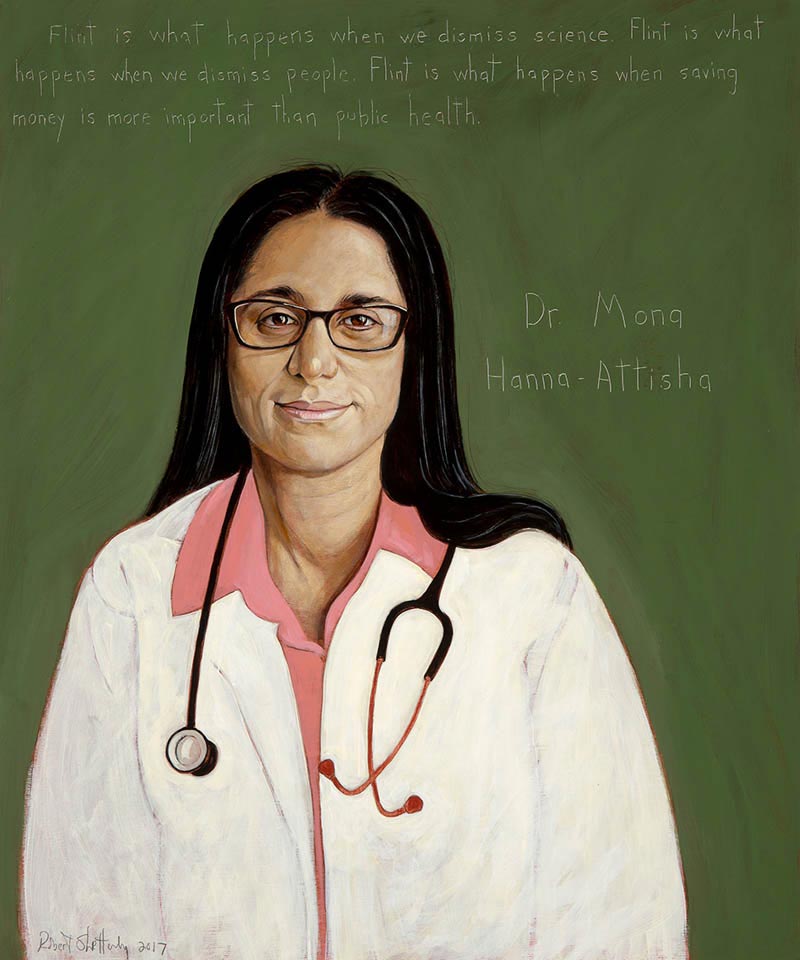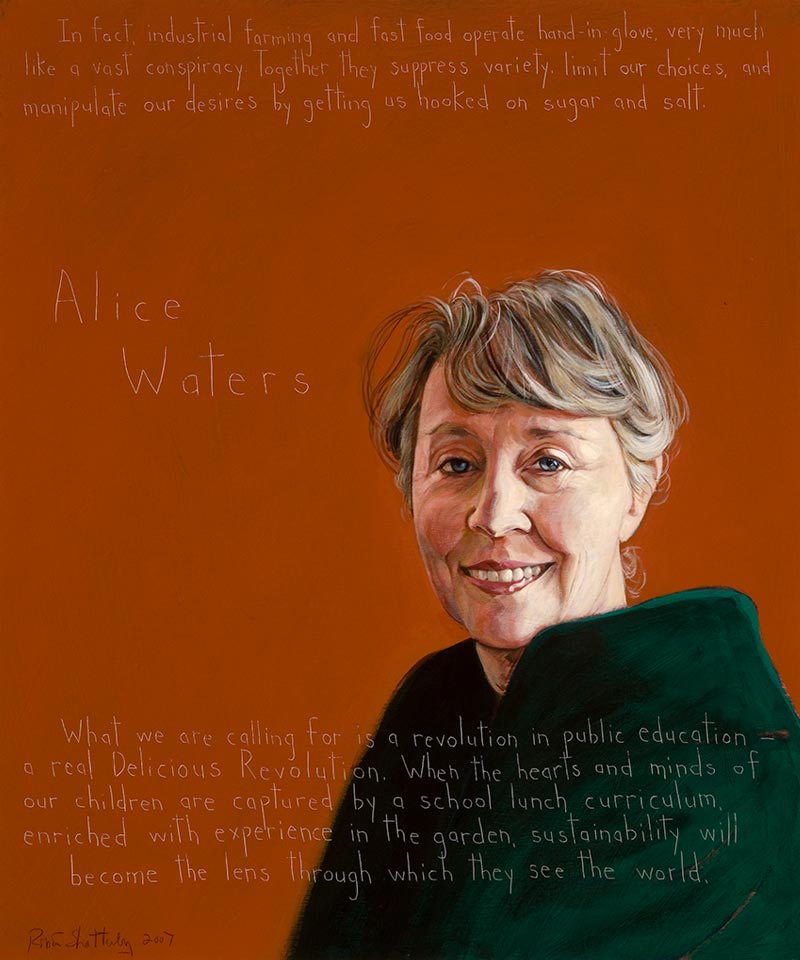
Alice Waters
Chef, Author : b. 1944
“In fact, industrial farming and fast food operate hand in glove, very much like a vast conspiracy. Together they suppress variety, limit our choices, and manipulate our desires by getting us hooked on sugar and salt. What we are calling for is a revolution in public education — a real Delicious Revolution. When the hearts and minds of our children are captured by a school lunch curriculum, enriched with experience in the garden, sustainability will become the lens through which they see the world.”
Biography
To Alice Waters, food is not just a necessity that sustains life. Nor is it just a profession for this award-winning chef. Food represents an integral part of our civilization, a part Waters fears is disappearing in a culture of junk food consumption.
Waters earned a degree in French Cultural Studies in 1967 at the University of California, Berkeley. In 1965, when Waters was studying abroad in Paris, she discovered a natural connection between people and the food they ate and developed her own passion for food. She saw that “there is an intimate connection between food and the quality of one’s life.” Waters brought that knowledge back to California and in 1971 opened her restaurant Chez Panisse. In the eighties she opened Café Fanny, named for her daughter.
Chez Panisse uses the freshest food available to create the changing daily menus. She works with seasonal produce and relies on local farmers´ markets for supplies. Waters firmly supports establishing small, sustainable communities where people buy from local farmers and eat the healthiest food available.
Alice Waters is convinced that the fast food culture is not only unhealthy, but that it is destroying our sense of community. Where once people interacted with friends and family over a meal, we now are apt to grab a packaged meal and eat on the run. As Waters says, “We must value and respect each other, and we learn best how to do this at the table. And since the family meal has become more and more rare, we must start thinking about what the schools can do to teach these lessons.”
In 1994 with these concerns in mind, Waters helped develop the Edible Schoolyard program at the Martin Luther King Jr. Middle School in Berkeley. On a vacant lot adjacent to the school, a garden was planted, and all of the students began receiving lessons in gardening and cooking.
Waters wanted children to learn where food really comes from and to take pride in having a hand in the whole process of making the food they eat. As a bonus, the children would eat healthier food, which would help combat the country´s alarming obesity problem. Says Waters, “What we are calling for is a revolution in public education–a real Delicious Revolution. When the hearts and minds of our children are captured by a school lunch curriculum, enriched with experience in the garden, sustainability will become the lens through which they see the world.”
The Edible Schoolyard Program has worked so well that it has been adopted in other schools around the country. The King School has expanded its garden and even added chickens into the mix. Most importantly, every student helps with all of the work, and healthy meals are always the order of the day.
Related Portraits
Programs
Americans Who Tell the Truth (AWTT) offers a variety of ways to engage with its portraits and portrait subjects. Host an exhibit, use our free lesson plans and educational programs, or engage with a member of the AWTT team or portrait subjects.

Education
AWTT has educational materials and lesson plans that ask students to grapple with truth, justice, and freedom.

Exhibits & Community Engagement
AWTT encourages community engagement programs and exhibits accompanied by public events that stimulate dialogue around citizenship, education, and activism.
